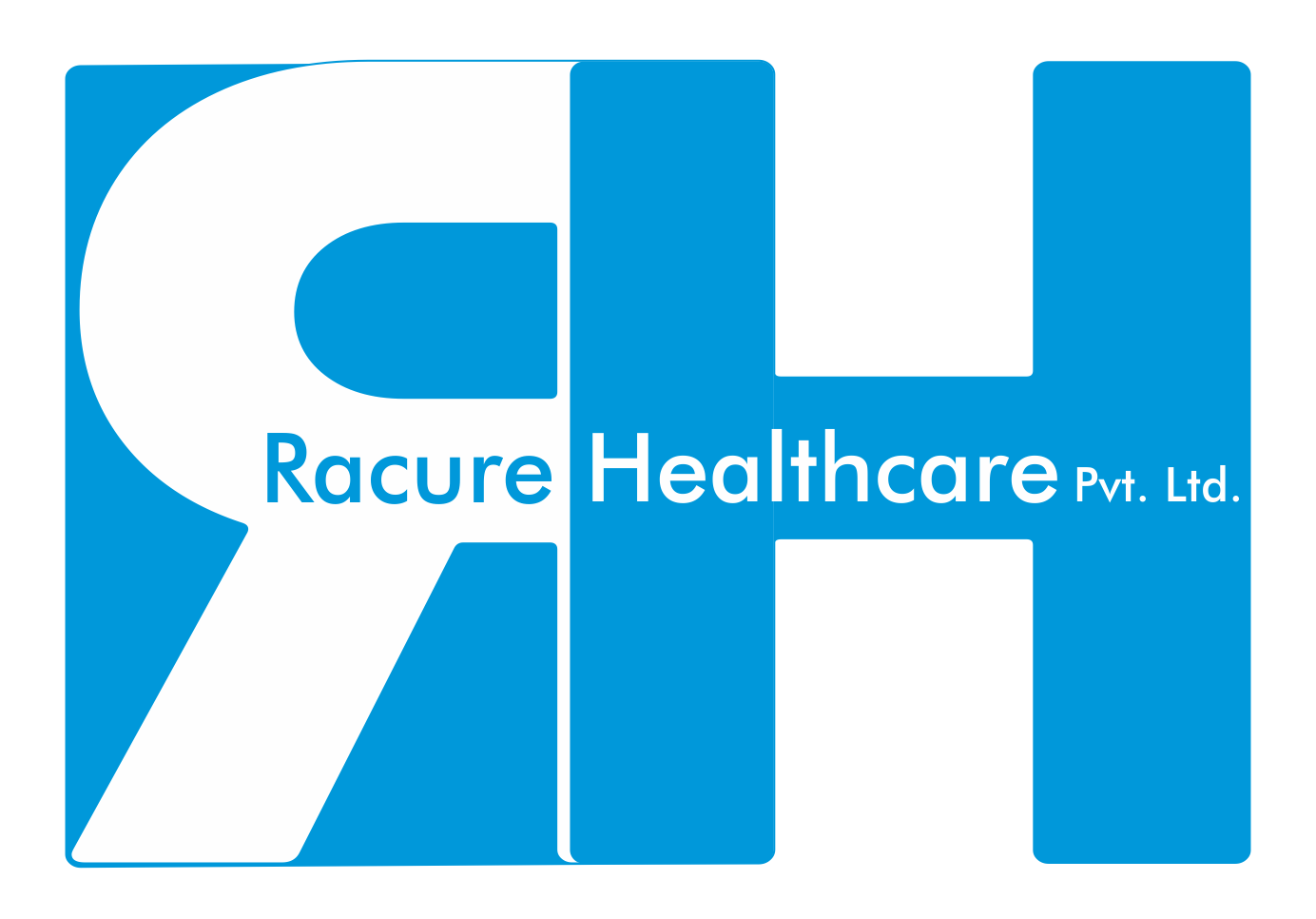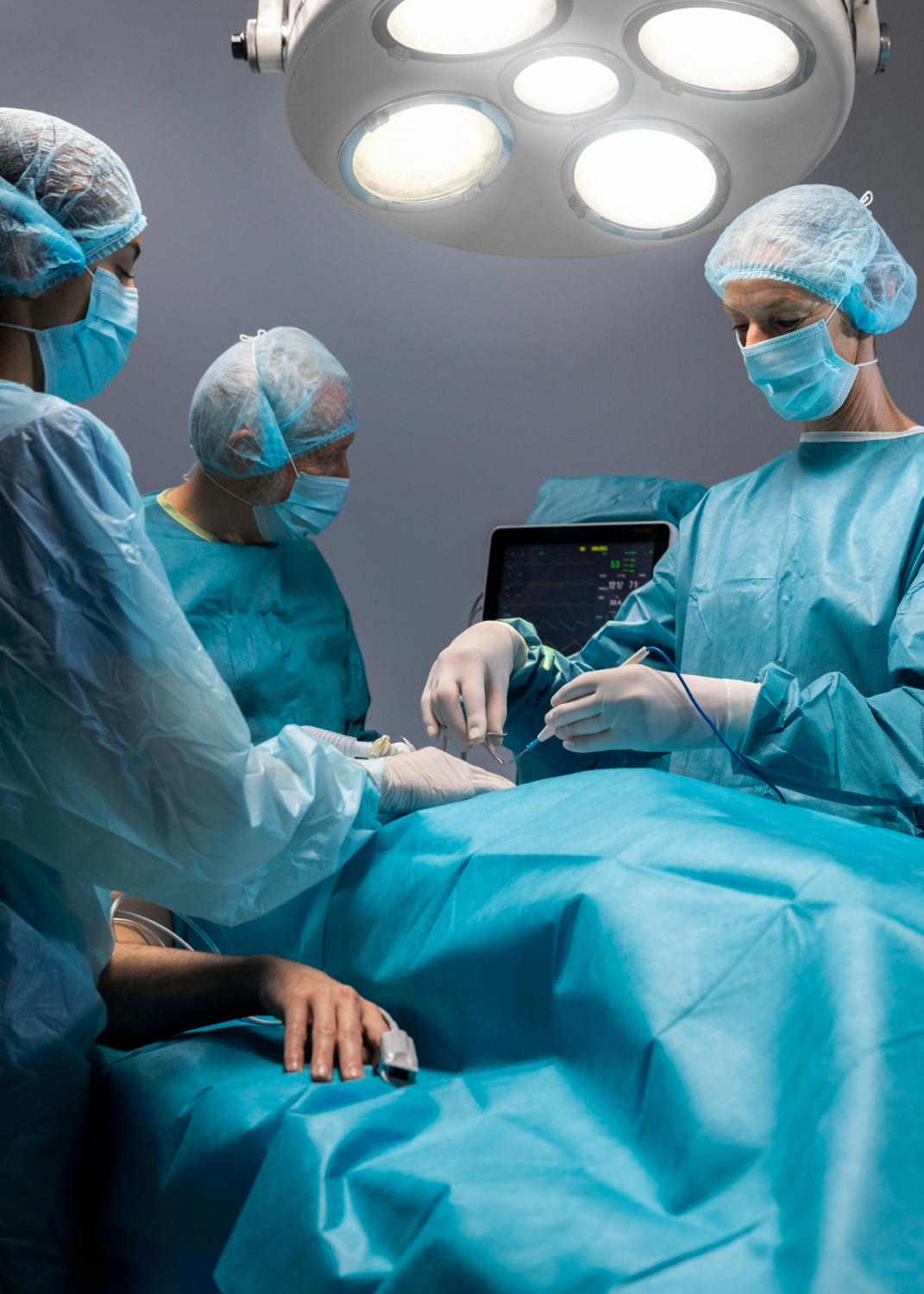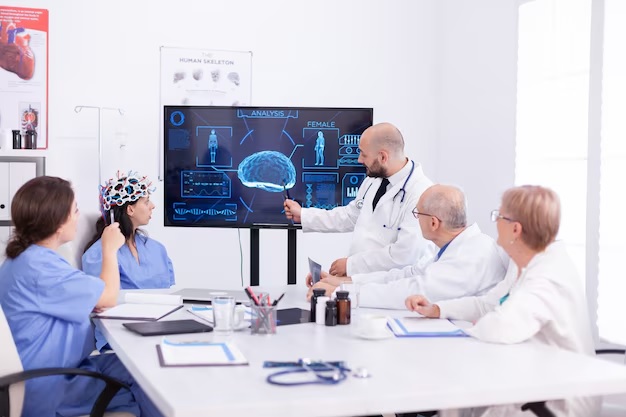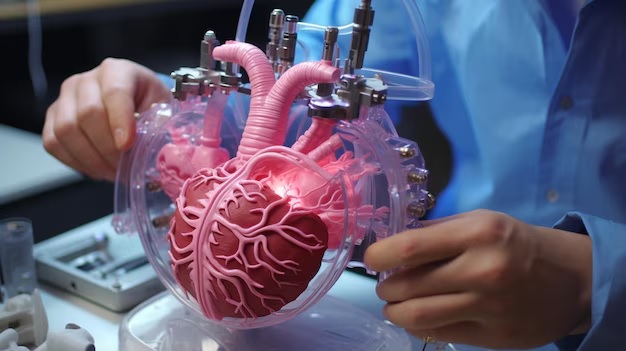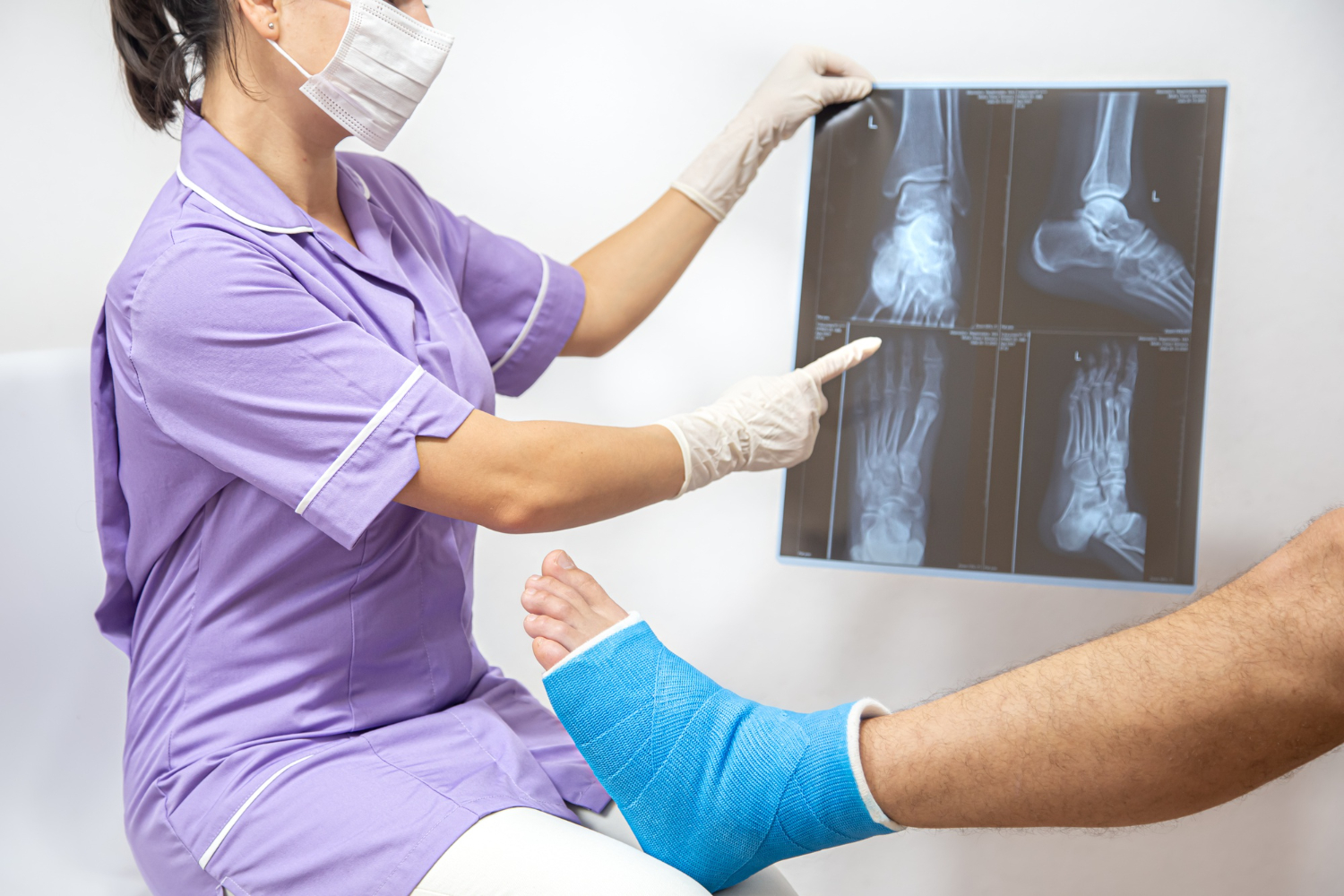CAR T-cell therapy modifies T cells so they can seek out and destroy cancer cells. This is a new aspect of discussions on immunotherapy. Some blood cancers have responded well to this treatment. the side effects can occur and make the experience difficult for patients.
What Are the Indications for CAR T-Cell Therapy?
CAR T-cell therapy targets certain blood cancers. It mainly focuses on blood-related diseases. Some blood conditions improve with CAR T-cell therapy. It's interesting how this treatment can open up new options for patients.
- Acute Lymphoblastic Leukemia, or ALL, affects children and young adults. Difficult cases often do not respond to standard treatments, putting patients in a tough situation. When normal options do not work, this therapy gives hope.
- Diffuse Large B-cell Lymphoma, or DLBCL, is an illness affecting adults. People who get worse after two treatments might see a small chance of improvement here. Getting better takes time. This therapy gives a chance to recover when other choices look limited.
- Follicular Lymphoma is for patients who have received two failed treatments. These people are experiencing relapses that may seem endless.
- Multiple Myeloma considers patients who have taken four regimens or more. They must have received a proteasome inhibitor and an immunomodulator. When relapse turns into a frustrating cycle, CAR T-cell therapy can throw things into disarray. It is worth trying when other treatments have failed.
- Chronic lymphocytic leukaemia (CLL) is still being researched as a treatment indication for CAR T-cell therapy. That means it is far from commonplace compared to other blood cancers. Researchers are still trying to figure out the best possible way to use it for CLL. Let's hope for the best for many who fight this complex disease.
CAR T-Cell Therapy Processes
Let's explore the details of the CAR T-cell therapy process. Each step has its unique role and purpose. Side effects often come along for the ride, unfortunately.
1. Collection
T cells are extracted from the blood of the patient through a process known as leukapheresis. Blood is drawn from the patient during this procedure. Healthcare providers then separate T cells from the rest of the blood. After this separation, the remaining blood is returned to the patient's body. This procedure generally takes about 2-3 hours.
Side Effects
-
Numbness and tingling can occur after treatment. This often happens from a drop in blood calcium levels.
- Muscle spasms might also show up during recovery. These spasms relate to those same low calcium levels.
- Fatigue can set in after the blood draw process. Our bodies can be dramatic when handling such tasks.
2. Reprogramming
In a lab, scientists modify the collected T cells. They add chimeric antigen receptors, known as CARs, to the T cell's surface. This process involves using viral DNA that carries the CAR code. Typically, this modification period lasts around 2-3 weeks.
Side Effects
Effects usually don’t appear during this phase. This process happens outside the patient's body. Healthcare professionals monitor the phase closely.
3. Multiplication
In the lab, modified T cells grow and multiply. They need to reach millions for treatment. This step involves culturing them under specific conditions. Enough CAR T cells are crucial for targeting cancer cells. These cells aim to effectively seek out and destroy the cancer cells.
Side Effects
Side effects do not appear during this phase. It happens in a carefully monitored lab space. Scientists guarantee safety and control in this setting. The environment ensures that everything goes smoothly without surprises.
4. Re-infusion
Before infusing CAR T cells, doctors give a short chemotherapy treatment. This step aims to reduce normal T cells in the body, a process called lymphodepletion. After this, the modified CAR T cells enter the patient's bloodstream.
Side Effects
- Nausea and vomiting often appear during chemotherapy. Many people experience these effects, and they can be quite unpleasant.
- Hair loss is another result of chemotherapy. Your body goes through a lot, and it doesn’t hold back on your hair.
- Fatigue is a familiar face as well. It comes from the chemotherapy and the infusion process. After treatment, feeling drained is normal.
5. Targeting and Destruction
Once in the bloodstream, CAR T cells begin their multiplication process. As they grow, their primary focus shifts to targeting cancer cells. These cells specifically recognize certain proteins that appear on cancer cells. After attaching, they kick-start an immune response that aims to destroy the cancer.
Side Effects
- Cytokine Release Syndrome (CRS) happens when the immune system goes overboard. This reaction leads to fever, low blood pressure, and muscle pain. Flu-like symptoms can also appear.
- Neurological issues may arise, leading to confusion, seizures, or speech difficulties.
- Tumor Lysis Syndrome shows up when cancer cells break down quickly. This can spike certain chemicals in your blood. High levels can cause kidney issues and other complications.
6. Monitoring
The medical team monitors the patient closely for side effects and treatment effectiveness. Observations continue for several weeks to ensure everything goes as planned. Sometimes, staying in the hospital is necessary during this time. Patients receive constant care and attention to manage any issues that arise.
Side Effects
CRS isn't the only concern: neurologic problems can occur as well as tumour lysis syndrome. The syndrome causes cancer cells to break down rapidly. This breakdown could cause an elevation of certain chemicals in your blood. You may experience allergic reactions at times. A low count of B cells is another factor to check frequently. Levels of minerals in your blood may fluctuate also, which could affect potassium, phosphorus, and sodium.
CAR T-cell therapy is one of the most powerful treatments. It is very effective in treating certain types of blood cancers. Yes, the results can be amazing but don't rush into treatment. Know the side effects to make an informed decision. Always have a thorough discussion with your healthcare provider.
Affordable Excellence: India's Leading Role in CAR T-Cell Therapy Costs
CAR-T cell therapy for cancer indeed marks an evolution in the management of cancer treatment. The costs, however, vary widely from country to country. For India, this stays within the vicinity of US $60000 to $75000, opening doors to advanced healthcare. It's amusing how affordability and quality can seem to get along.
On the other hand, treatment in the US can vary from $370,000 to $475,000. Therapy in the UK costs about £350,000 to $400,000, with discounts from the NHS. Australia joins several expensive countries. The entire treatment costs AUD 400,000 to 500,000.
Racure Healthcare: Your Trusted Partner for Medical Journeys in India
Racure Healthcare is one of the best-known providers of healthcare support in India. They specifically target international patients and provide advanced treatments such as CAR T-cell therapy. They affiliate their patients with top-class healthcare centres, such as Artemis Hospital, Gurgaon, and many other tie-ups for specialized care including BLK-Max Super Specialty Hospital. Further, it grants them consultation with emergency healthcare facilities. Max Super Specialty Hospital is another facility that is closely tied to them. Well, the primary function of the facility is to fill gaps in healthcare delivery. The most important aspect is to meet the medical needs of patients without hassle.
Racure renders services that relate to both medical care and travel assistance. These include priority booking for appointments, a pre-travel tele-consultation, and assistance in getting visas. Their assistance, however, does not end here; they also manage the logistics of the patient. They would recommend accommodations, organize free airport transfers, and provide 24/7 patient-care services. Convenience is their game, as they offer interpretation services and on-arrival SIM cards.
India does have a reputation for cheap high-tech treatments, such as CAR T-cell therapy. Racure assures that international patients get the privileges of this price without compromising quality. A dedicated team works tirelessly, putting patients first each step of the way. Trust Racure Healthcare to convert the process of medical travel in India into a seamless experience that removes all hindrances to life-saving treatments.
